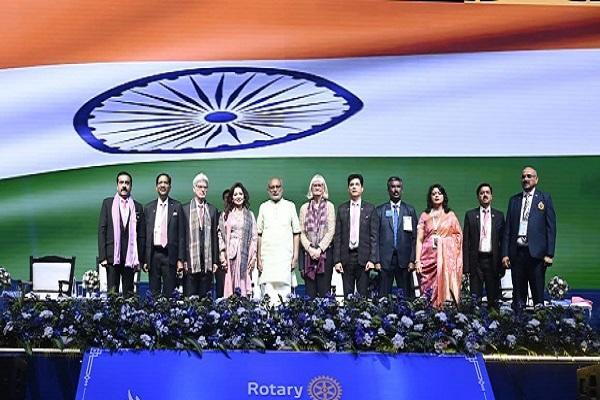
AI, Creators & Tier-2 Cities Power India’s Startup Growth
India’s startup ecosystem has witnessed tremendous growth in recent years, with the country now hosting over 50,000 startups. The landscape is evolving rapidly, driven by the adoption of Artificial Intelligence (AI), omnichannel models, expansion into Tier-2 and Tier-3 cities, and the rise of creator-driven branding. A recent report by Meta-A&M provides valuable insights into the trends shaping India’s startup growth, offering a playbook for entrepreneurs and investors alike.
AI Adoption: The New Normal
According to the Meta-A&M report, a staggering 70% of Indian startups are already using AI in some form. This is not surprising, given the vast potential of AI to drive business efficiency, enhance customer experiences, and inform data-driven decision-making. AI-powered tools are being used for tasks such as customer segmentation, predictive analytics, and chatbots, enabling startups to stay competitive in a rapidly changing market.
The adoption of AI is particularly pronounced in industries such as healthcare, education, and finance, where AI-powered solutions can have a significant impact. For instance, AI-powered chatbots are being used in healthcare to assist patients in scheduling appointments, while AI-driven predictive analytics are helping banks detect fraudulent transactions.
Omnichannel Models: The Future of Customer Engagement
In addition to AI, the report highlights the growing importance of omnichannel models in India’s startup ecosystem. An impressive 67% of startups are now adopting omnichannel strategies, which involve integrating multiple channels such as social media, email, and messaging apps to engage with customers.
Omnichannel models offer several benefits, including increased customer engagement, improved brand consistency, and enhanced customer retention. By providing a seamless experience across multiple channels, startups can build stronger relationships with their customers and drive business growth.
Tier-2 and Tier-3 City Expansion: The Next Frontier
The Meta-A&M report also reveals that 95% of Indian startups are targeting smaller cities, such as Tier-2 and Tier-3 cities, as part of their expansion plans. This is a significant shift, given that these cities have previously been overlooked in favor of larger metropolises.
The expansion into Tier-2 and Tier-3 cities offers several advantages, including a larger talent pool, lower operational costs, and a more conducive business environment. Additionally, smaller cities are often less saturated with competition, providing startups with an opportunity to establish a stronger presence and build a loyal customer base.
Creator Economy: The Rise of Influencer Marketing
Finally, the report highlights the growing importance of the creator economy in India’s startup ecosystem. An impressive 88% of startups are partnering with influencers early in their marketing strategies, recognizing the significant impact that creators can have on brand awareness and customer acquisition.
Influencer marketing offers several benefits, including increased reach, improved brand credibility, and enhanced customer engagement. By partnering with creators who have a strong following and alignment with their brand values, startups can build a loyal community of customers who will advocate for their brand.
Conclusion
India’s startup ecosystem is evolving rapidly, driven by the adoption of AI, omnichannel models, expansion into Tier-2 and Tier-3 cities, and the rise of the creator economy. By understanding these trends and adopting them into their own strategies, startups can scale more effectively, connect with users in meaningful ways, and build future-ready brands across India.
As the Indian startup ecosystem continues to grow and evolve, it will be fascinating to see how these trends shape the future of entrepreneurship and innovation in the country. One thing is certain, however – the future of Indian startups will be powered by AI, creators, and Tier-2 cities.






